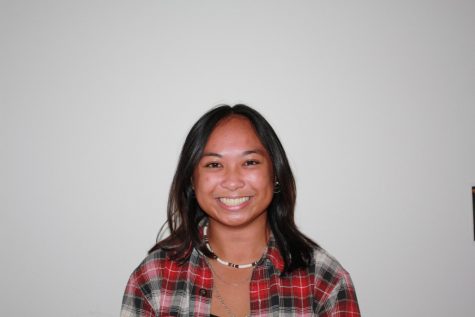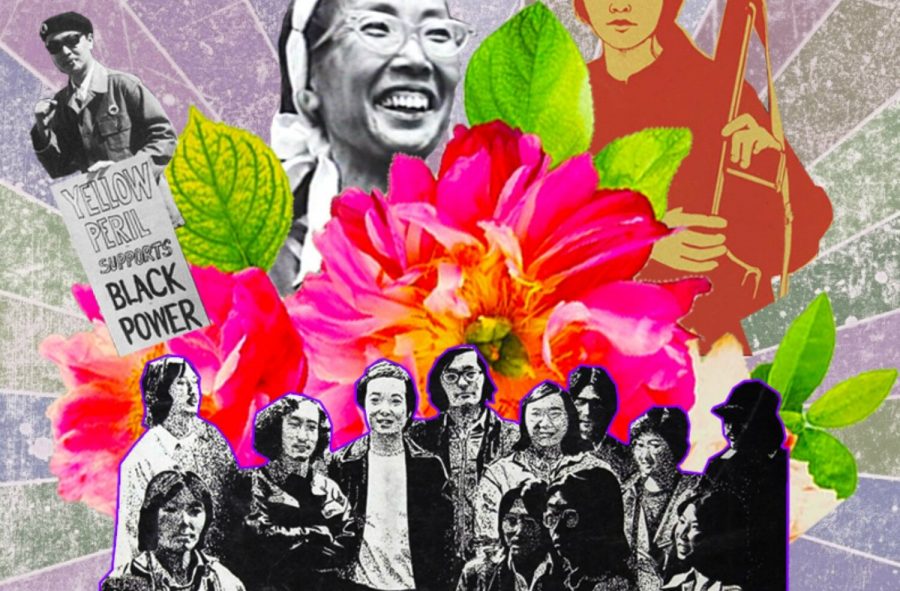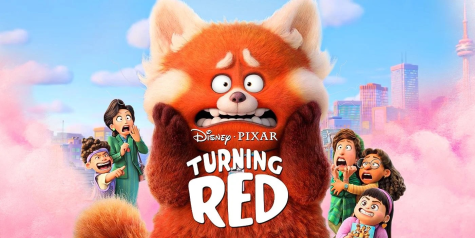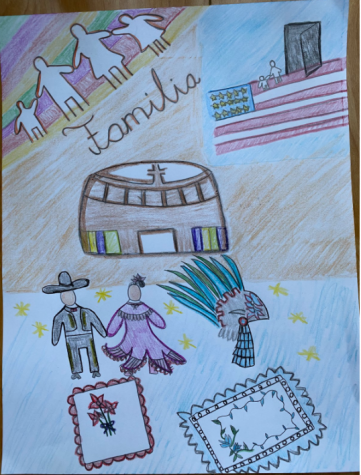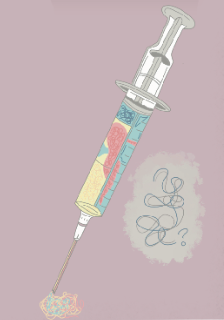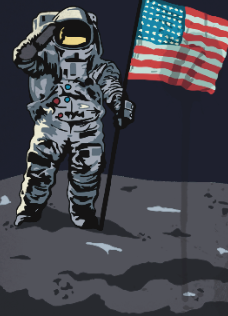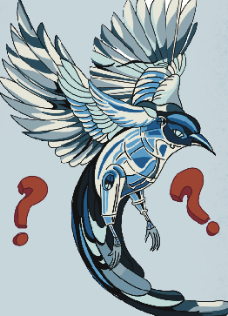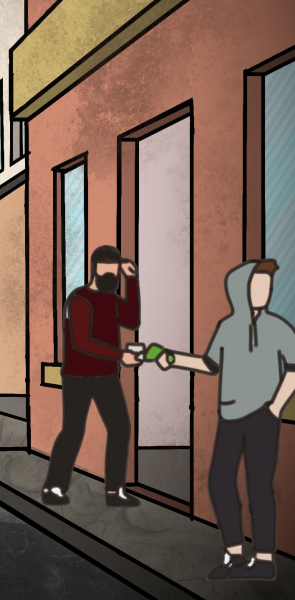AAPI Month: The AAPI on building their own spotlight
They say I can be anything that I dream of — an athlete, an actress, a politician, a musician or any other occupation in this land of opportunity. Though, when I look around, it is hard for me to see and to name people working such jobs with a complexion similar to my own — brown skin, dark hair, a flat nose, etc. If I do not see those like myself out in the greater world, where do I, as a Filipino-American, see me standing in a place that does not want me?
Here in the United States, there are approximately 22 million Asian-Americans and Pacific Islanders (AAPI) residing within the borders of this country — a fast-growing population that is larger than the population of 48 states. Though this number is small in comparison to other ethnic groups, it is no less important and most especially, no less equal.
Historically speaking, the AAPI community has been barred from many privileges, civil liberties and opportunities in the various public occupations as aforementioned. In film, a recent study conducted by the University of Southern California’s Annenberg School for Communication and Journalism revealed that the AAPI constitutes only 1 percent of all leading roles in Hollywood. For the world of sports, an alarmingly low 1.8% of AAPI athletes participated in National Collegiate Athletic Association-sanctioned sports, according to The Institute for Diversity and Ethics in Sport, Orlando, Florida’s College Sport Racial & Gender Report Card in 2017. Politically, only a little over 4,000 AAPI held public office across 39 states and the federal government, according to the 2014 National Asian Pacific American Political Almanac, published by the University of California Los Angeles. The music industry itself has had a long history of gatekeeping their radio stations and Billboard charts until recently when big names such as Bruno Mars, H.E.R. and Joji found success.
For everything we see presented on the screens of our TVs, phones, laptops or other electronic carriers of our mass media, we impulsively project our identities into what we consume. We relate, relive, reenact or mimic the lives shining brightly into our eyes. Most of the time for AAPI like myself, this shining, glittering light does not fully reflect our experiences and stories. Not all AAPI are Chinese, Japanese, Korean or Vietnamese, but Malaysian, Indian, Filipino and so many more. Not all AAPI are academic prodigies, dragon ladies, martial arts masters, socially awkward geeks or sex-driven people, but rather a group of individuals that demand a spotlight for their hardworking, persistent and lovable qualities.
In all areas of life, having a presence is equivalent to making a statement that demands society to acknowledge them. For many tiring years, we have assimilated to the confining box of expectations and stereotypes to silence our own worthwhile and valuable stories. It lends to the implication that it is only when we hide our individuality and culture that we are allowed to succeed.
Though during this renewed age of ethnic empowerment (thanks to social media and other similar platforms), for the first time the AAPI have the power to refuse being shunned and instead cry out for our narratives to be recognized. With this booming internet age, we are given an opportunity to finally, truly and fully be accepted in American society as we begin to take action in our own hands. By uploading our own content on the internet, we can sincerely educate and reveal to others the true charisma and life that comes from being a part of the AAPI in a light where our traditional media outlets and other work industries have failed. Efforts such as these will bring an expanding amount of possibilities for the future generations of AAPI in careers dominated (and sometimes gate-kept) by majority ethnic groups.
There is a saying that reads “you cannot be what you cannot see” and in the case of living as part of the AAPI, the words hold true. Seeing others like yourself not only exist but thrive in environments that were before hardly touched by the presence of the AAPI is incredibly empowering. Now, the millions of people living in today’s society can start to see the raw, underrepresented version of itself — not as another minority, but as another human — because in this context, the only thing worse than being misrepresented is not being seen at all.
